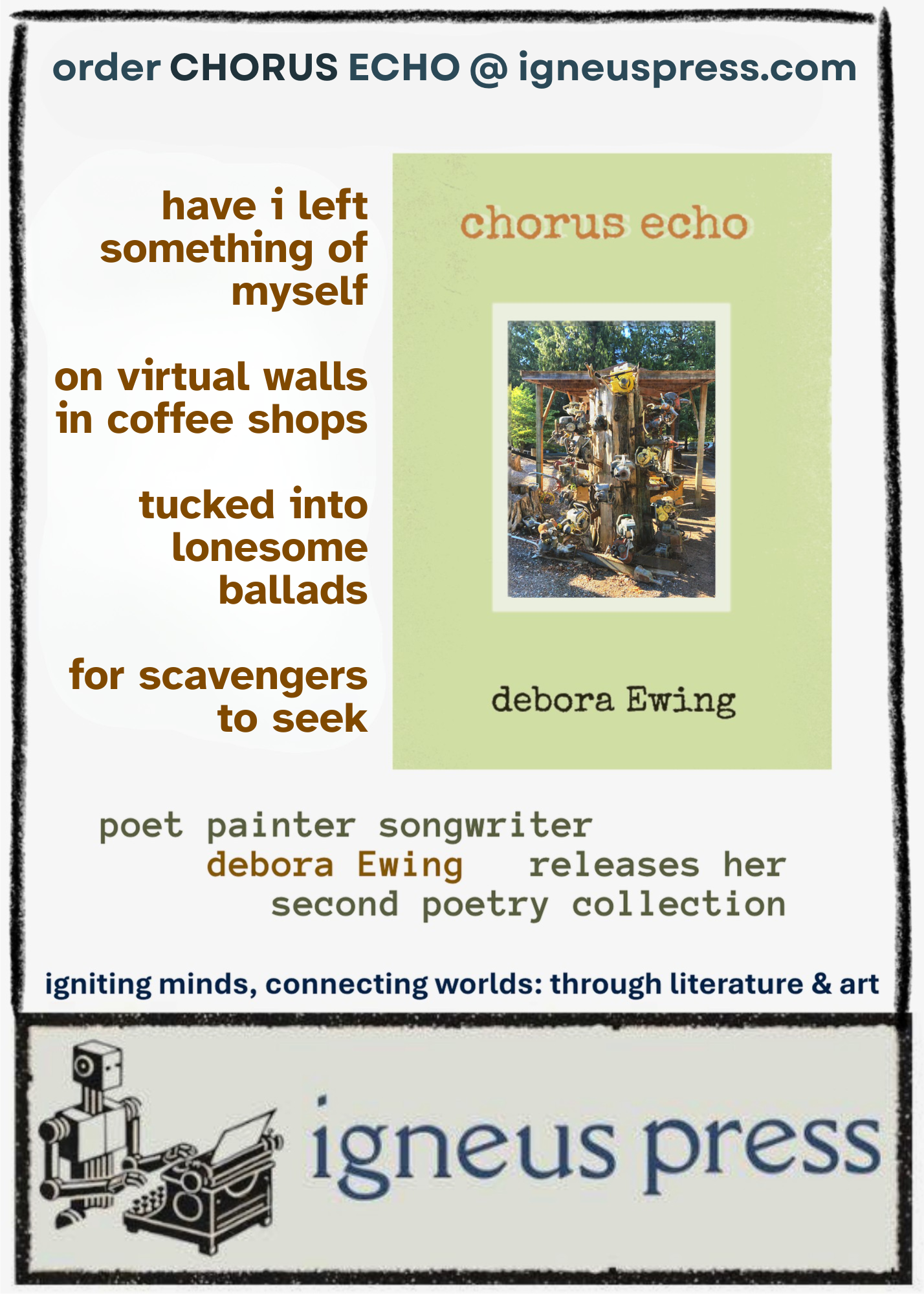Song of Scotland: Both Sides the Tweed
Number 70, April 1, 2025
 We’ve recently come across a song about Scotland that speaks to our culture in a very modern way, in the song “Both Sides the Tweed.” Its origins date back as far as 1707 and it was adapted and modernized by Dick Gaughan in 1979 (more below).
We’ve recently come across a song about Scotland that speaks to our culture in a very modern way, in the song “Both Sides the Tweed.” Its origins date back as far as 1707 and it was adapted and modernized by Dick Gaughan in 1979 (more below).
From the Sierra Fiddle Camp New Year Community Music Workshop:
“The verses call for the recognition of Scotland’s right to sovereignty and the choruses argue against prejudice between our peoples. The Tweed is the river which forms part of the Scots-English border and is used here as a symbol of both the need for independence and the need for friendship and co-existence.”
The origins of the song come from the Treaty of Union between Scotland and England in 1707, which linked Scotland and England on terms that nationalists believe did much damage to Scottish culture. The tone of the song, however, is conciliatory and may be read as a reaction against the anti-Englishness of some Scottish nationalistic songs. The title refers to the River Tweed, which marks part of the border between Scotland and England. The song has been mentioned as a candidate in discussions about a possible new Scottish national anthem.
Dick Gaughan made changes to the words and made his own tune in 1979 and recorded it in 1981, composing his adaptation in response to the result of the first Scottish Parliament referendum in 1979. This law reflected a corruption in government which served to divide peoples and dominate countries.
The song was recorded by Mary Black and can be found on her albums Collected (1984) and the compilation Song for Ireland (1998).
More on Authorship
The song “Both Sides the Tweed” was adapted by Gaughan from a traditional song attributed to James Hogg. The historic version of the song can be found in The Jacobite Relics of Scotland by James Hogg, published in 1819. Quoting a local Borders press article on the festival of the same name, Lori Watson notes that: “I’ve heard Dick himself acknowledge, ‘when I came across it, it didn’t have his name on it but Hogg’s fingerprints are all over it'”. Gaughan changed some lyrics and replaced the tune but the song’s message is essentially the same. Gaughan himself says he is the composer, stating “so far as I am aware, I actually composed it and am highly flattered by the presumption that it is traditional, with people claiming to have known it for several decades, if not centuries…if someone can provide a printed or recorded source to prove the existence of this tune prior to 1979 then I’d be delighted to acknowledge that I unconsciously used a traditional tune.”
Both Sides the Tweed
What’s the spring-breathing jasmine and rose?
What’s the summer with all its gay train
Or the splendour of autumn to those
Who’ve bartered their freedom for gain?
Let the love of our land’s sacred rights
To the love of our people succeed
Let friendship and honour unite
And flourish on both sides the Tweed.
No sweetness the senses can cheer
Which corruption and bribery bind
No brightness that gloom can e’er clear
For honour’s the sun of the mind
Let virtue distinguish the brave
Place riches in lowest degree
Think them poorest who can be a slave
Them richest who dare to be free
And as always, thanks for reading!
Love and Blessings,

Photo by Cam Sanders
Susie
________________________________________________
Award-winning recording artist, Broadway singer, journalist, educator and critically-acclaimed powerhouse vocalist, Susie Glaze has been called “one of the most beautiful voices in bluegrass and folk music today” by Roz Larman of KPFK’s Folk Scene. LA Weekly voted her ensemble Best New Folk in their Best of LA Weekly for 2019, calling Susie “an incomparable vocalist.” “A flat out superb vocalist… Glaze delivers warm, amber-toned vocals that explore the psychic depth of a lyric with deft acuity and technical perfection.” As an educator, Susie has lectured at USC Thornton School of Music and Cal State Northridge on “Balladry to Bluegrass,” illuminating the historical path of ancient folk forms in the United Kingdom to the United States via immigration into the mountains of Appalachia. Susie has taught workshops since 2018 at California music camps RiverTunes and Vocáli Voice Camp. She is a current specialist in performance and historian on the work of American folk music icon, Jean Ritchie. Susie now offers private voice coaching online via the Zoom platform. www.susieglaze.com
Song of Scotland: Both Sides the Tweed
Number 70, April 1, 2025







